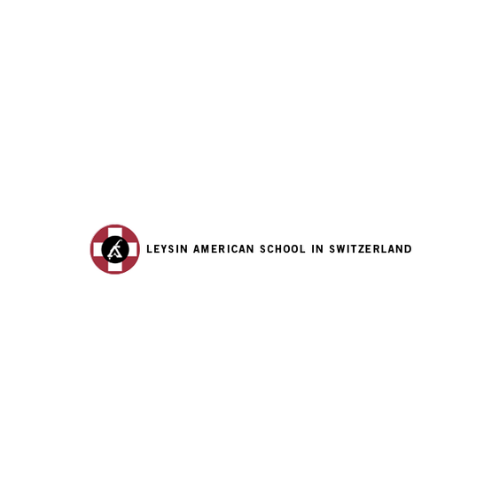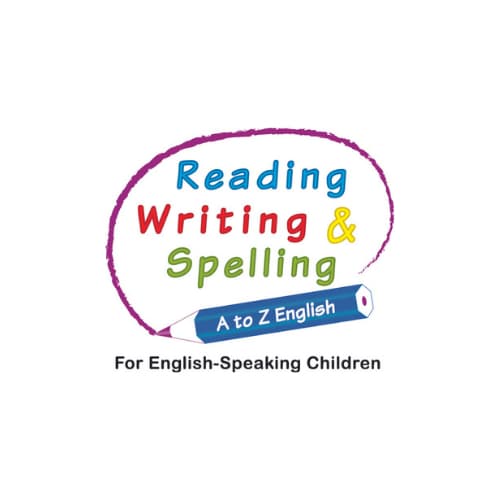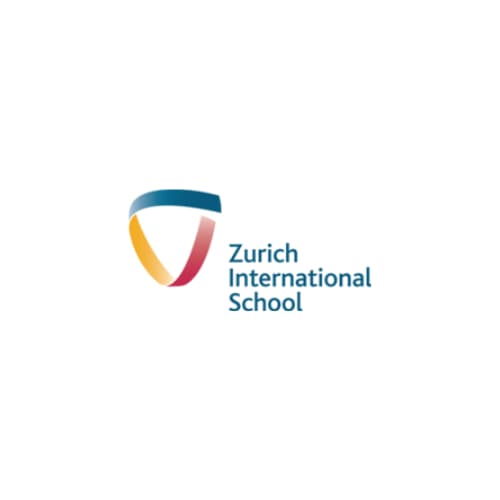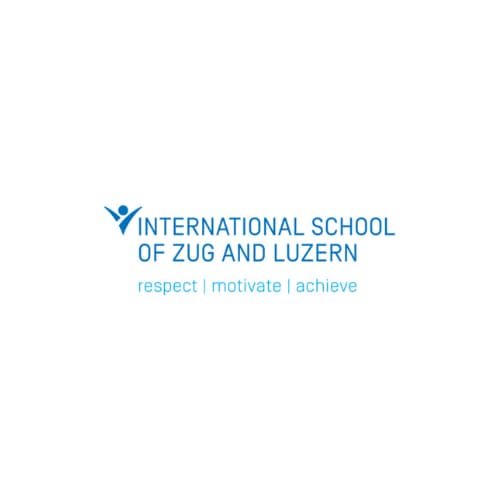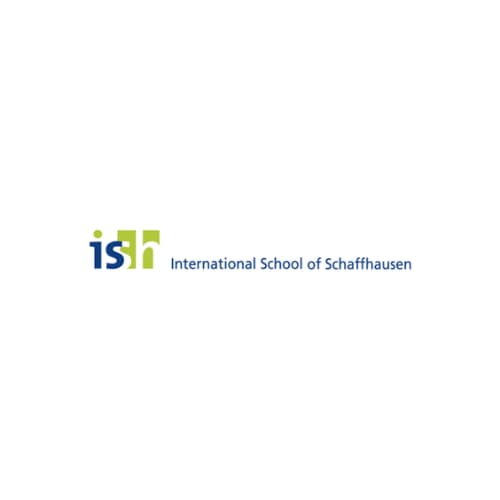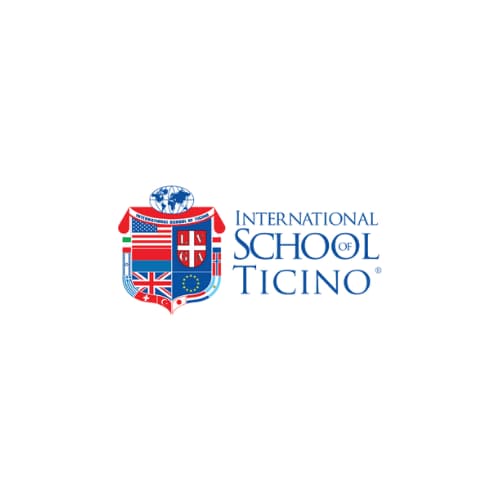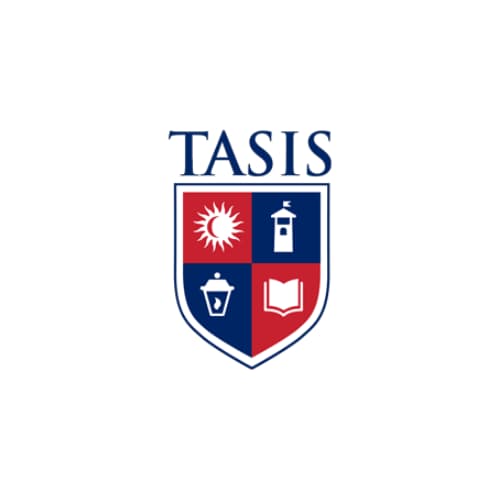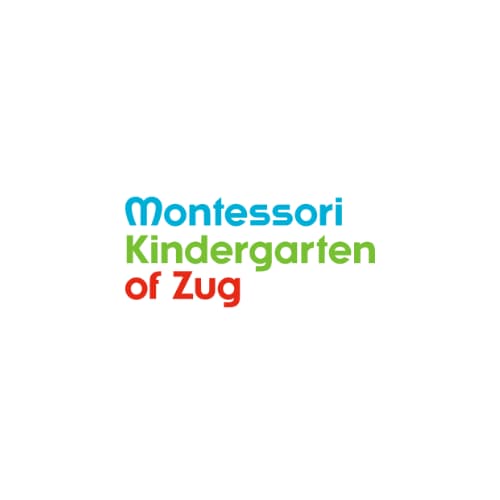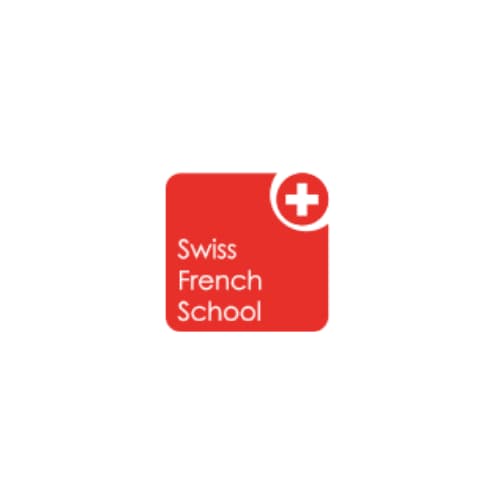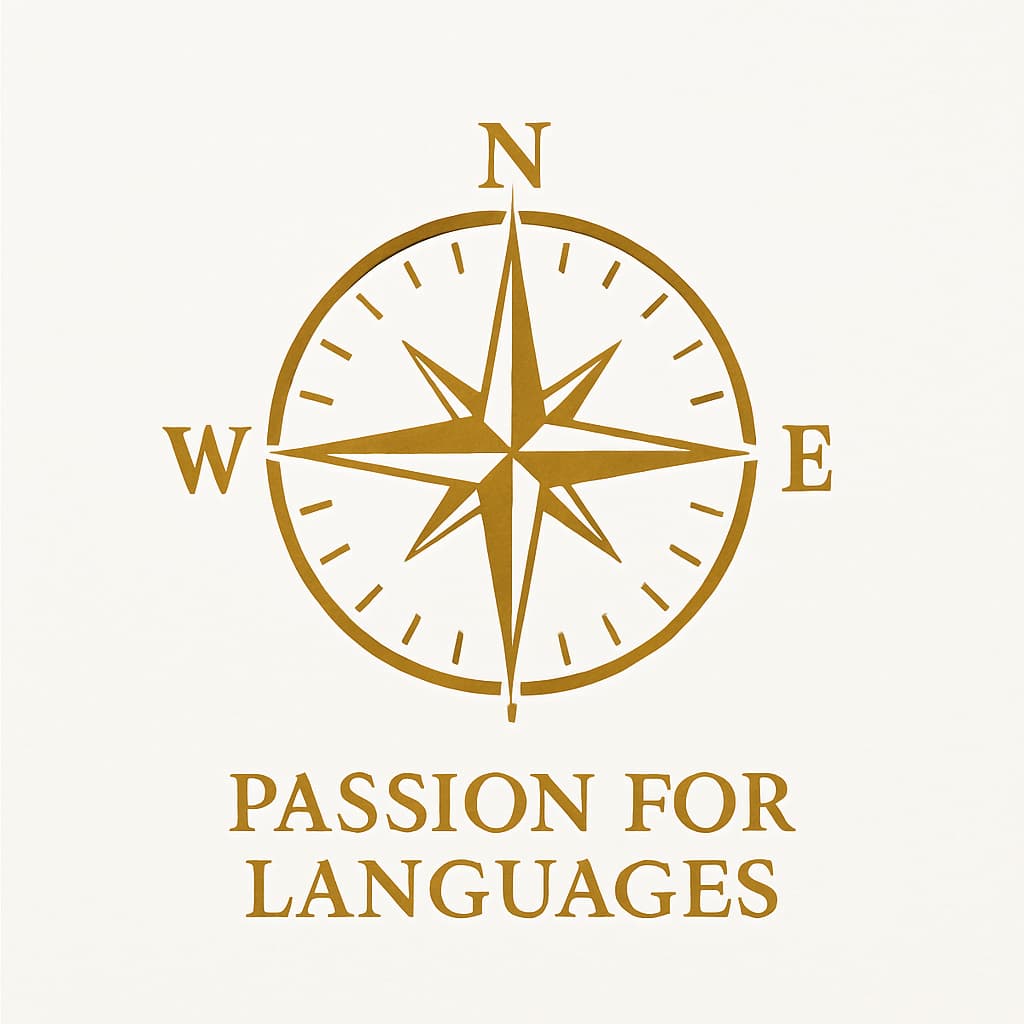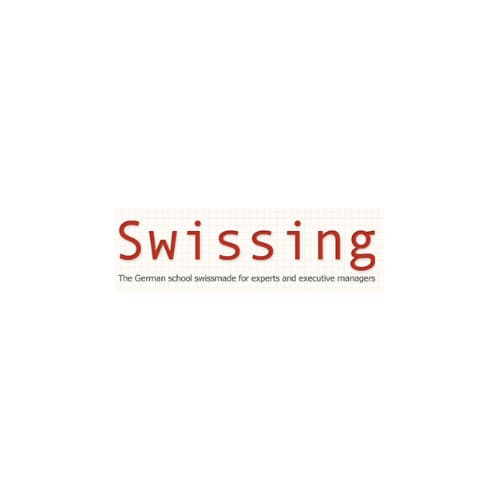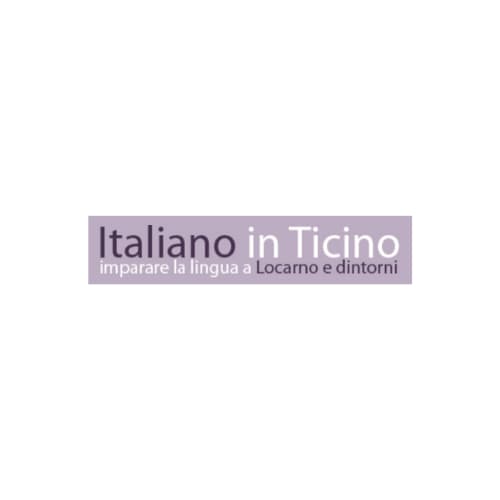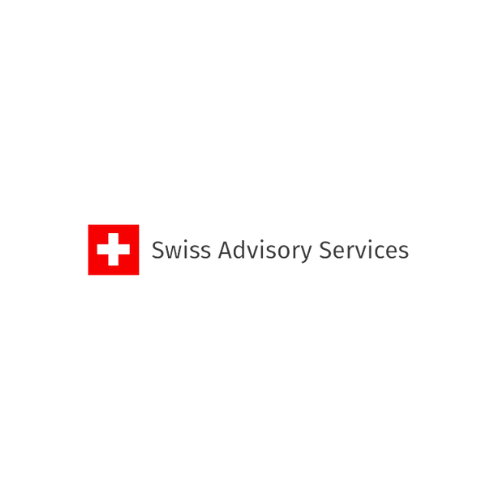
Swiss public schools have a good reputation and its private boarding and international schools are exceptional. But while expat children will receive an excellent education, depending on the school, it can be expensive.
Public schools in Switzerland
Most residents attend public schools in Switzerland, including foreigners. They’re funded by taxes and attendance is free, as they are run at the level of cantons (states) – there are regional differences.
Children can be taught in French, German, Italian or Romansch based on where they live, and have classes in a second official language and English.
There are four stages of schooling – kindergarten, primary, secondary I, secondary II and tertiary education.
Primary school and secondary I are compulsory everywhere, but the mandatory starting age and how long each stage takes differs.
Most children start two years of kindergarten at age four even if they legally don’t have to. Primary school usually lasts for six years, with lower secondary school lasting three.
The language gap means that public schools are best suited to expats looking to integrate in Swiss culture. Speaking an official language is an advantage, and younger children often adapt quickly.
Schools make some provisions for foreign language speakers, but that can entail intensive language classes, and in some cases, repeating a year.
Working parents with younger students may find Swiss public school hours inconvenient. The day typically ends before 4pm and students go home for lunch at some schools. Others charge for supervised lunch hours and after-hours day care.
Bilingual schools in Switzerland
Several bilingual schools teach the Swiss curriculum and present their classes in both languages, but they can easily exceed 20,000 CHF a year.
Research carefully before making a choice – some schools have more local students and others cater to a more international student body. Schools with more international students have high turn-over rates, which is best suited to short-term residents.
Private schools in Switzerland
Private schools in Switzerland usually come with high fees attached, but they’re highly regarded. Exclusive Swiss boarding schools, in particular, have prestigious international reputations.
These institutions offer a stimulating, personalized environment with smaller class sizes and state-of-the art facilities. Swiss private schools offer the Swiss curriculum, the International Baccalaureate or a foreign curriculum – which makes them an international school.
International schools in Switzerland
Some expats prefer sending their children to international schools in Switzerland, despite the quality of its public and private schools. That way, students only staying in the country for the short term get to continue their home country’s language and curriculum.
Most large cities have day schools or boarding schools, but options in rural areas may be limited. Competition for places is high and the most prestigious schools have long waiting lists. Expats should apply early and consider alternatives.
Schools can charge 35,000 CHF a year, so expats may want to try and negotiate an education allowance into their employment contract.
INTERNATIONAL schools ADVISORY

INTERNATIONAL SCHOOLS GENEVA • FRENCH-SPEAKING REGION
INTERNATIONAL SCHOOLS ZURICH • GERMAN-SPEAKING REGION
INTERNATIONAL SCHOOLS TICINO • ITALIAN-SPEAKING REGION
PRESCHOOLS ZURICH • GERMAN-SPEAKING REGION
LANGUAGES
Switzerland has four national languages: French, German, Italian and Romansh. English, though not an official language, is often used to bridge the divides.
German is spoken by about 64%, French by about 23%, Italian by about 8%. Romansh is spoken by less than 1% of the total population.
The most notable linguistic fact about German-speaking Switzerland is the use of dialect for spoken communication and standard German for written communication. French is spoken in the west of the country, while Italian is spoken in Ticino and the south of neighboring Graubünden, and Romansh is spoken only in Graubünden. However, there are language minorities from elsewhere in all the major cities. The three main languages are, accordingly, shared with the surrounding countries. Even Romansh is not really unique to Switzerland – there are similar Rhaetoromanic languages spoken by minorities in the South Tyrol and the Friuli region of northern Italy.
Constitutional rights
The Swiss constitution recognises the rights of the various language groups to communicate in their own language. German, French, and Italian are full official languages of the Confederation – all laws and official documents have to be available in them – and Romansh is a “partial” official language for the purpose of communication with Romansh speakers. The constitution contains provisions for the federal government to assist the cantons of Ticino and Graubünden in supporting Italian and Romansh.
People abroad often incorrectly assume that the fact that there are four national languages in Switzerland means that every Swiss speaks four languages. Swiss populations tend to stay in their own language regions and consume media in their own language if possible.
The divide between the French- and German-speaking areas is an undeniable reality, jokingly known to the Swiss themselves as the Röstigraben, or "rösti ditch" – the name refers to a typical potato dish popular in German-speaking Switzerland. As in other countries, languages compulsorily learned at school tend to be forgotten in adult life.
Still, bilingual individuals are common enough in many parts of Switzerland, and there is a general tolerance among the population of each other’s languages.
Foreign languages
Meanwhile immigrants have brought their own languages to Switzerland. These non-national languages combined now outnumber both Romansh and Italian in terms of being one of main languages for speakers.
Around 4.6% of the population lists English as one of their main languages, followed by Portuguese at 3.5%.
English has taken on a major profile in recent years as a language of international communication. Swiss of all language groups are eager to learn it because of its importance in business. English speakers who come to Switzerland find no shortage of people who can speak English – at least in the cities. English is even coming to be used as a lingua franca between French- and German-speaking Swiss in business settings.
Increasing numbers of Swiss from different parts of Switzerland also communicate with each other in English.
